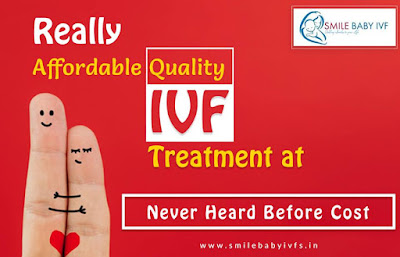Stabilizing emotions and PCOD

Polycystic Ovary Disease or Polycystic Ovary Syndrome is considered to be a hormonal disorder commonly seen in women. Excess of androgen hormone production is one of the signs of PCOS that leads to anovulation. This condition can be associated with obesity and insulin resistance. Polycystic ovary syndrome can have a significant impact on physical health and mental health. The hormonal differences can lead to anxiety and depression in a lot of women. This can have a direct effect on the quality of life physically, psychologically, and socially. Physically - disrupts eating and sleeping patterns Psychologically - reduces motivation and increases the feelings of worthlessness Socially - affects relationships Stress A combination of hectic life and PCOS would make a woman stressful. And it would make a situation difficult or feel threatened to cope up with it. At times stress could be a motivation to work whereas, too much stress could worsen the situation and wou



